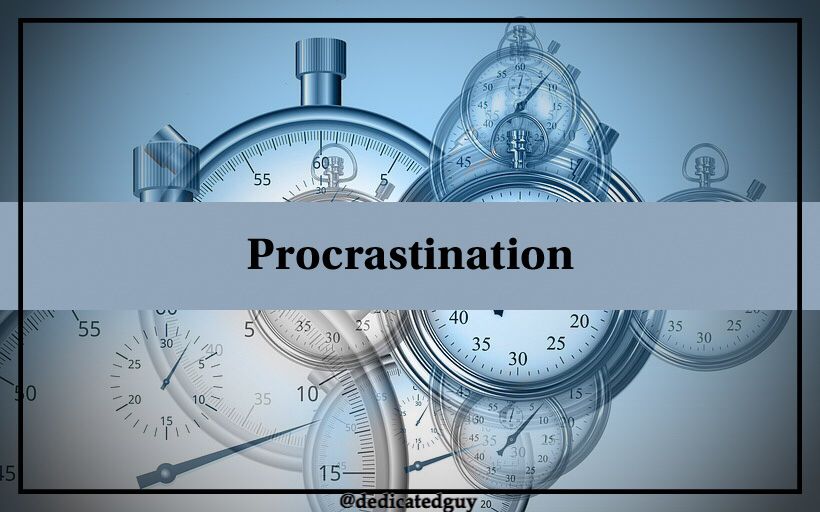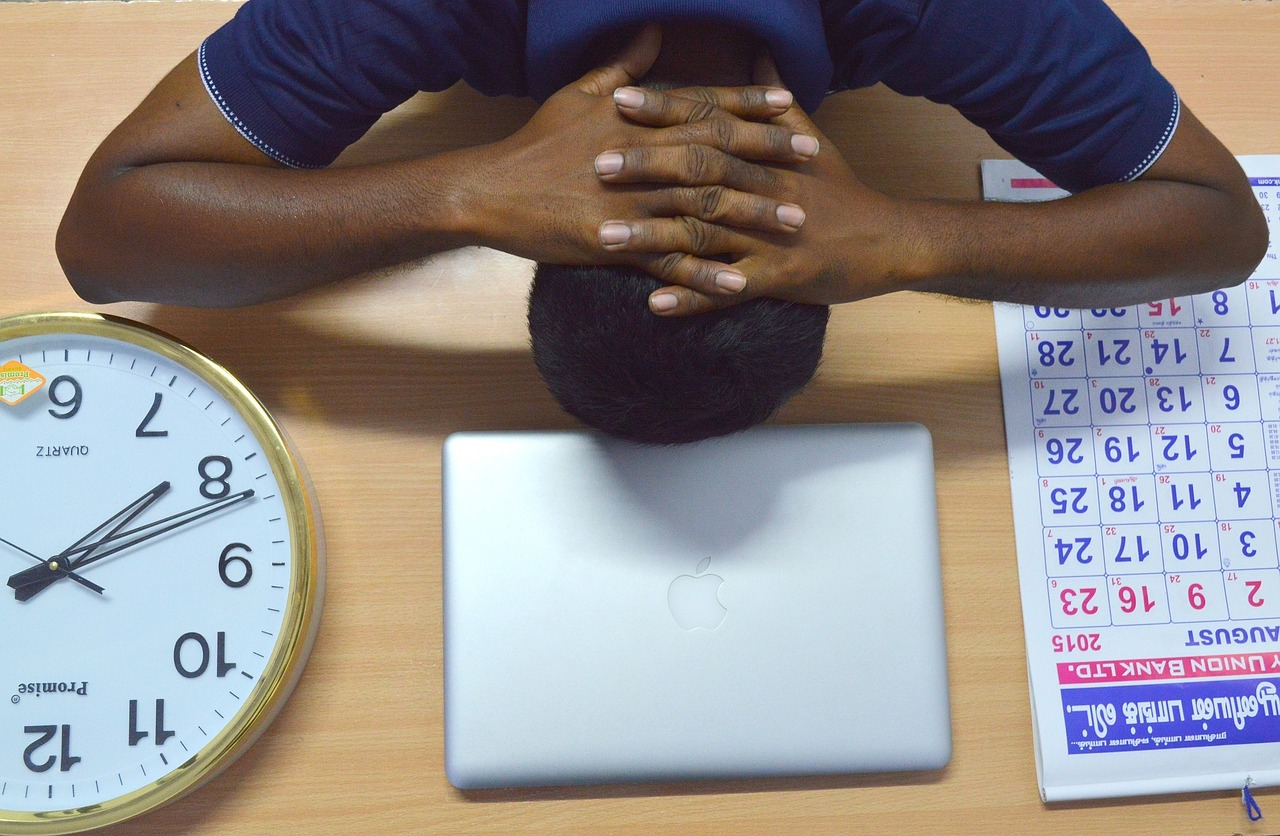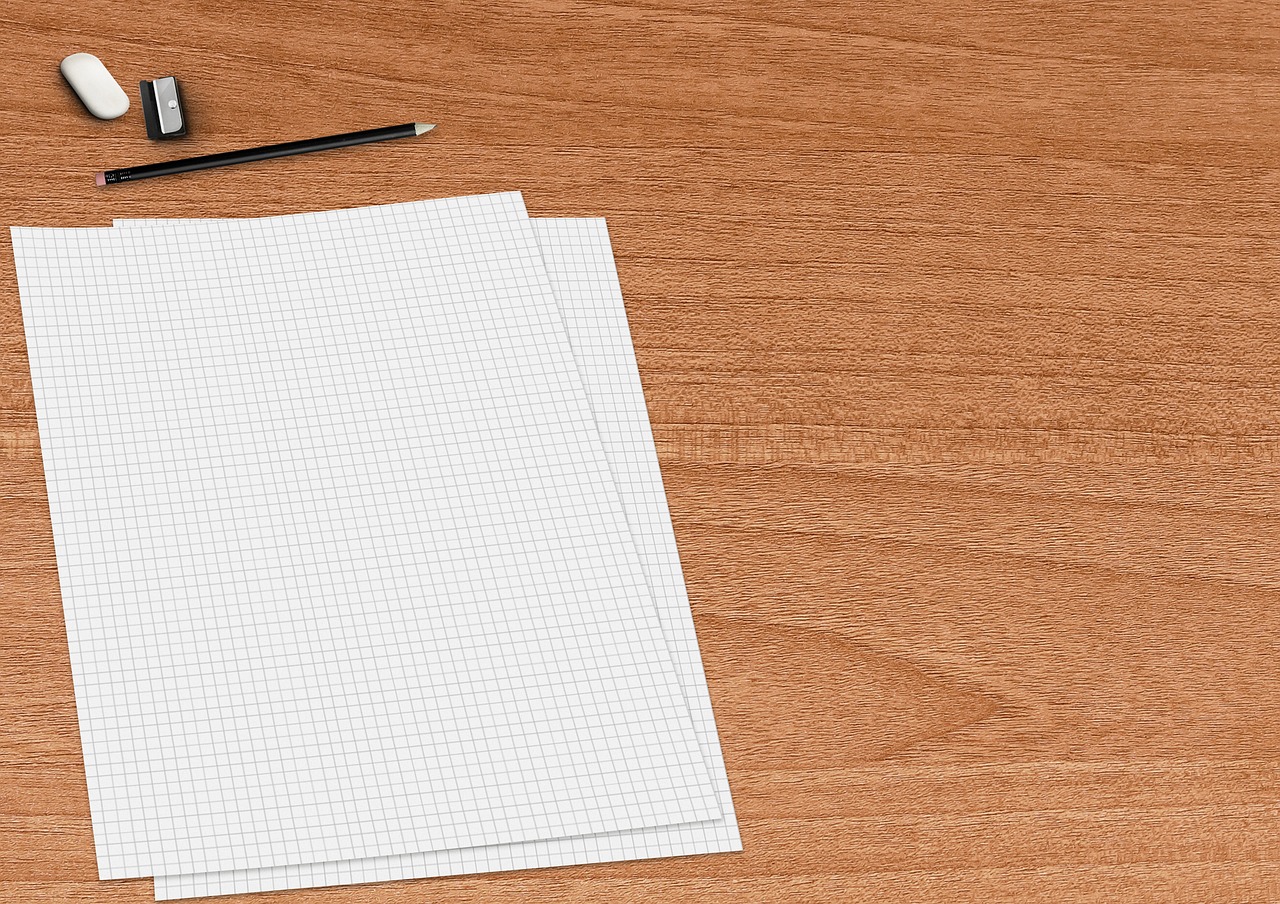Procrastination and psychology


A lot people leave for tomorrow what they could do today, or leave it for the next week or even later. Now, the truth is most of us procrastinate at some time in our lives, but if procrastination becomes a habit, we will certainly end up reducing our quality of life and our productivity in our studies and jobs.
Procrastination is defined as “the act or habit of procrastinating, or putting off or delaying, especially something requiring immediate attention” | Source. It consists in postponing what we must do as part of our responsibilities. But the mere act of delaying something is not necessarily procrastinating, the concept of procrastination implies in its own definition an absurd and irrational delay, that can even sabotage our interests.

Procrastination may result in stress, a sense of guilt and crisis, severe loss of personal productivity, as well as business and social disapproval for not meeting responsibilities or commitments. These feelings can combine and may create further procrastination. | Source
Procrastination can have very high costs, especially if we consider that procrastination not only consists in the delay of the most critical tasks but can also be understood as a failure in the organization of our activities in such a way that we are unable to rank them according to their importance and urgency. In addition, it can lead to compulsive or very intense attitudes that serve to evade the main responsibility like for example eating a lot, watching too much TV or playing video games, among others. The fact is, any meaningless activity could be used as an excuse to delay our most important duty.

Why do people succumb to this?
Modern society has made procrastination something very common among us, and this has consequences on a personal, organizational and even in the economy of a country.
As it is easier to postpone something that we do not like and does not motivate us, the less value the task has for ourselves, the less likely we are to do it, and this allows other more enjoyable activities to distract us.

Procrastination is a habit and as such tends to last some time. We might think that it is because of perfectionism, never to end things because of the obsession that they must be perfect, but this is not the case. Procrastination is the result of the battle between our rational and emotional side.
We have an instinctive, fast and energetic brain that only thinks about the present and wants things right now, tomorrow is not important, and we have another part of our brain, the rational, the one that applies logic, thinks and analyzes, this of course, causes it to be slower and more careful, but it knows where to go and always thinks about the future.
We procrastinate when we allow ourselves the emotional pleasures of the moment to have more influence on our motivations than the perceived unpleasant emotional payoff of the task at hand . | Source
Or perhaps procrastination has a much simpler explanation that is based on the feelings of displeasure that we feel when its time to do a task that are not pleasant or fun. Then we simply step back and choose to postpone said task, perhaps with the secret and unrealistic hope of never having to face it.
Obviously, the more time we have to complete our duties, the more we will be prone to procrastinate. This is similar to our tendency of feeling more motivated if we sense there will be a reward if we act soon.

How to overcome and avoid this issue?
Overcoming procrastination requires a smart use of our time, aimed at achieving our goals. It is in the choice of what we will do now and what we will leave for later where the procrastination lies.
The same can be said about our energy. Fatigue makes us procrastinate, it is hard for us to start doing our tasks if we do not have the necessary energy to do them. Recognizing that we don’t have infinity energy will help us distribute it better, towards the activities that are more important for us.

In this case, the solution is to create work strategies that transform the general and distant goals over time into very specific small objectives that have to be met immediately or at least in the short term.
For example, in the case of having to write a 20 page paper, a good way to do this is to commit to writing a page before 6 o'clock in the afternoon. If we see that it is difficult for us to accomplish this small commitment, we can make them even smaller and more concrete, so that we can see them as perfectly possible to accomplish, for example, we can write 12 lines before two hours have passed.
If we start with a successive series of difficult but ultimately achievable goals, we will increase our motivation and give the achievement a meaning, it will be a tangible proof of our ability. Every laboriously achieved victory strengthens our self esteem, and gives us a desire to work for more.
Another good thing we can do is to impose certain difficulties when having access to the anything that might distract us, like turning off the TV and the smartphone. We can ponder before anything what elements are those that can move us away from our duties and do something to avoid being distracted by them. In a reasonable and moderate way of course, and the same also applies to the people around us.
In short, you must do what is appropriate so that there is nothing around you that may tempt you with the idea of giving you a reason to disregard your responsibilities

Conclusion

Procrastination is a deep rooted habit that can cause a great deal of suffering, leads to distraction and takes us away from our goals. It is closely linked to time management and is highly influenced by the value of the reward we pursue and by the beliefs we have regarding our own abilities.
This is a complex issue because there are many factors involved, we are constantly with an internal struggle between desire and duty and sometimes we can end up sabotaging ourselves. By knowing what procrastination is and knowing how to overcome it we will be more prepared to face it when it comes to us (and it probably will at some point).
Do you procrastinate constantly?
If so, are you planning to do something about it?
References
mindfithypnosis - procrastination
verywellmind – psychology of procrastination
psychologytoday - procrastination
Images sources
All images are from pixabay

If these titles sound interesting to you, I assure you the articles will be even better!

Let's talk about how the unconscious can affect us in our lives
Today’s lesson: Emotions and its connection with Psychology
Why some people simply cannot stop talking?
Why some people are unable to relate and engage with others?
Beware of the Burnout syndrome
Understanding our brain, how our thoughts work
Thank you for this valuble lesson.
I used to procrastinate alot and it brought pain,debt and failure to my life.
The strategy I use to stop procrastinating is that I implement everything into routines. Morning routines, night routines, work routines etc..
It helps me to get those small wins you talked about to motivate me. With that said you do need days of complete silence to recharge once in a while
Good for you for overcoming this issue, now routines can work but they can also become tiresome don't you agree?
That is true at the beginning but with time the routines become habits, habits that change the way we think.
Thanks for sharing this information, I really learn from this
I am glad you like it, if you have any doubt feel free to ask anything.
It seems we’ve reached an epidemic stage of procrastination in this culture.
I find myself doing this In small ways. Avoided my cleaning when I see something out of place, not completing this or that,creating mountains out of mole hills...
2 strategies that work for me -
I enjoyed divine big into this subject, thanks
I've always been a procrastinator, it's a terrible habit most times, but in some ways really awesome. It gave me the ability to not let anything, anything own me. It's counter productive as hell, but it's a great way to prove that nothing is forcing your hand. Now I try to strike a balance.
Great post and information! I learn something from this. Thanks a lot ! Do more posts like that @dedicatedguy
Thanks for your support!